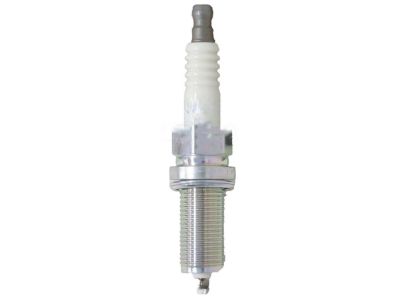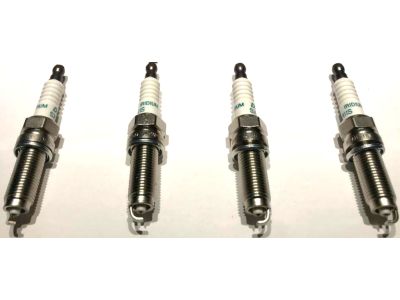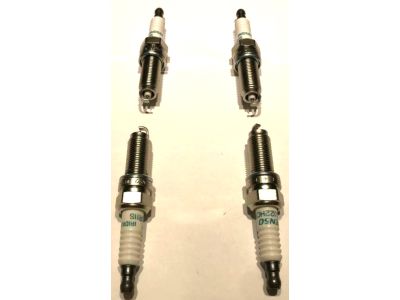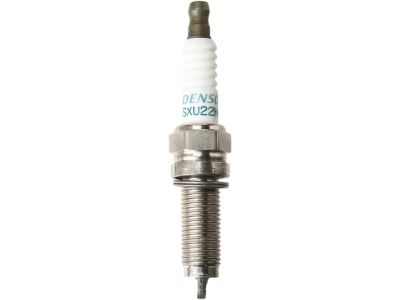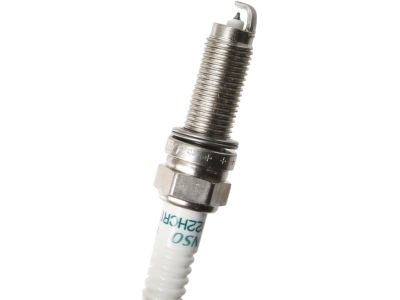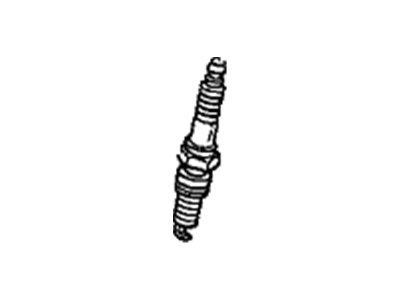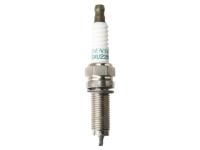×
- Hello
- Login or Register
- Quick Links
- Live Chat
- Track Order
- Parts Availability
- RMA
- Help Center
- Contact Us
- Shop for
- Honda Parts
- Honda Accessories

My Garage
My Account
Cart
Genuine Honda Crosstour Spark Plug
Ignition Spark Plug- Select Vehicle by Model
- Select Vehicle by VIN
Select Vehicle by Model
orMake
Model
Year
Select Vehicle by VIN
For the most accurate results, select vehicle by your VIN (Vehicle Identification Number).
2 Spark Plugs found

Honda Crosstour Spark Plug (Ilzkr7B11) (Ngk)
Part Number: 12290-R70-A01$23.71 MSRP: $33.48You Save: $9.77 (30%)
Honda Crosstour Spark Plug (Sxu22Hcr11S) (Denso)
Part Number: 12290-R40-A02$23.75 MSRP: $33.55You Save: $9.80 (30%)
Honda Crosstour Spark Plug
The Spark Plug is utilized in Honda Crosstour automobiles as one of the significant components in the combustion procedure that utilizes a tiny spark to ignite the air/fuel mixture within the automobile engine. This component is a cylindrical ohmic steelpiece that has a metal terminal and a ceramic insulator in the center of a steel shell that also serves as an electrode. Copper core, platinum, and iridium Spark Plugs are some of the common types in the market and they differ in workability as well as longevity. The ignition coil produces high voltage for producing the spark which in turn supplies power to the engine. The reach of the spark Plug, the heat range and the made of the electrode are chosen to meet the requirements of the particular application for the most effective combustion and to increase the efficiency of the engines. As for the Honda Crosstour, it is vital to perform routine checks, and replacement of the Spark Plugs to avoid misfires, rough idle, and compromised fuel efficiency.
In search of affordable OEM Honda Crosstour Spark Plug? Consider browsing through our extensive inventory of genuine Honda Crosstour Spark Plug. Not only do we provide market-leading prices and a manufacturer's warranty, but we also pride ourselves on exceptional customer service and swift delivery.
Honda Crosstour Spark Plug Parts Questions & Experts Answers
- Q: How to check and replace spark plugs for the Honda Crosstour?A:The spark plugs are located in the center of each cylinder head. In most cases the tools necessary for spark plug replacement include a spark plug socket which fits onto a ratchet, various extensions and a feeler gauge to check the spark plug gap. A torque wrench should be used when tightening the spark plugs due to the engines being equipped with an aluminum cylinder head(s). The best approach when replacing the spark plugs is to purchase the new spark plugs beforehand, check the gaps and then replace each plug one at a time. Be sure to obtain the correct plug for your specific engine. If differences exist between the sources, purchase the spark plug type specified on the VECI label as it was printed for your specific engine. Allow the engine to cool completely before attempting to remove any of the plugs. During this cooling off time, each of the new spark plugs can be inspected for defects and the gaps can be checked. The gap is checked by inserting the proper thickness gauge between the electrodes at the lip of the plug. The manufacturer recommends again adjusting the gap on platinum- or iridium-tipped spark plugs; if the gap is out of specification, replace the plug. Also, at this time check for cracks in the spark plug body. Cover the fender to prevent damage to the paint. Fender covers are available from auto parts stores but an old blanket will work just fine. Remove the ignition coils. If compressed air is available, use it to blow any dirt or foreign material away from the spark plug area. Place the spark plug socket over the plug and remove it from the engine by turning it in a counterclockwise direction. Compare the spark plug with the chart on the inside back cover to get an indication of the overall running condition of the engine. Apply a small amount of anti-seize com-pound to the spark plug threads. Install one of the new plugs into the hole until you can no longer turn it with your fingers, then tighten it with a torque wrench or the ratchet. It is a good idea to slip a short length of rubber hose over the end of the plug to use as a tool to thread it into place. Attach the coil to the new spark plug using a twisting motion until it is firmly seated on the end of the spark plug. Tighten the mounting bolts securely. Repeat the procedure for the remaining spark plugs.
